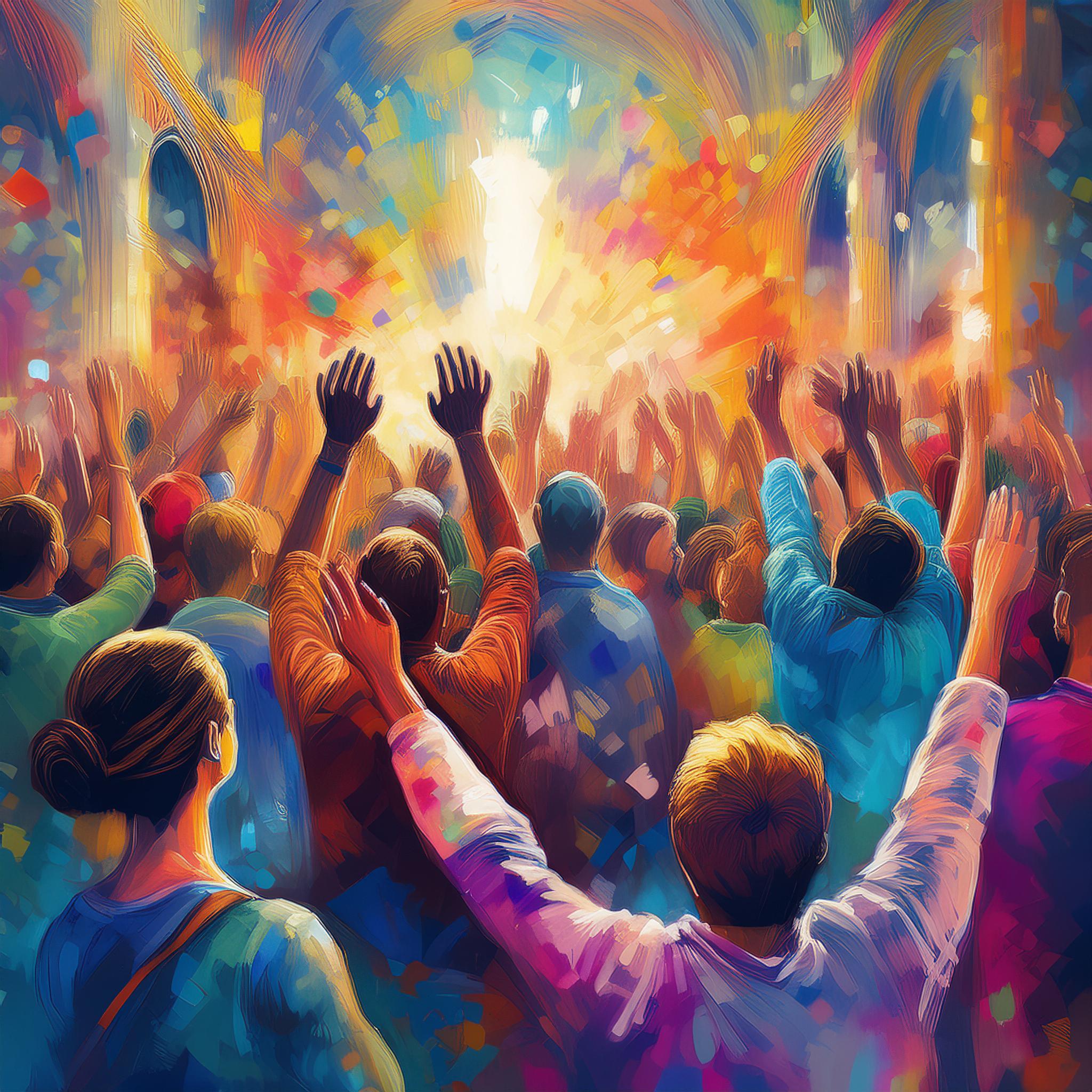This course covers the basic concepts, terminology and historical progression of theology since the time of the earliest church.

This course examines critical departures from orthodox Christian theology, beginning with the early church and extending into modern times. These departures pose a danger to single-minded pursuit of personal discipleship, luring believers away from the focus and determination they need to pursue godliness and a life worthy of the gospel.
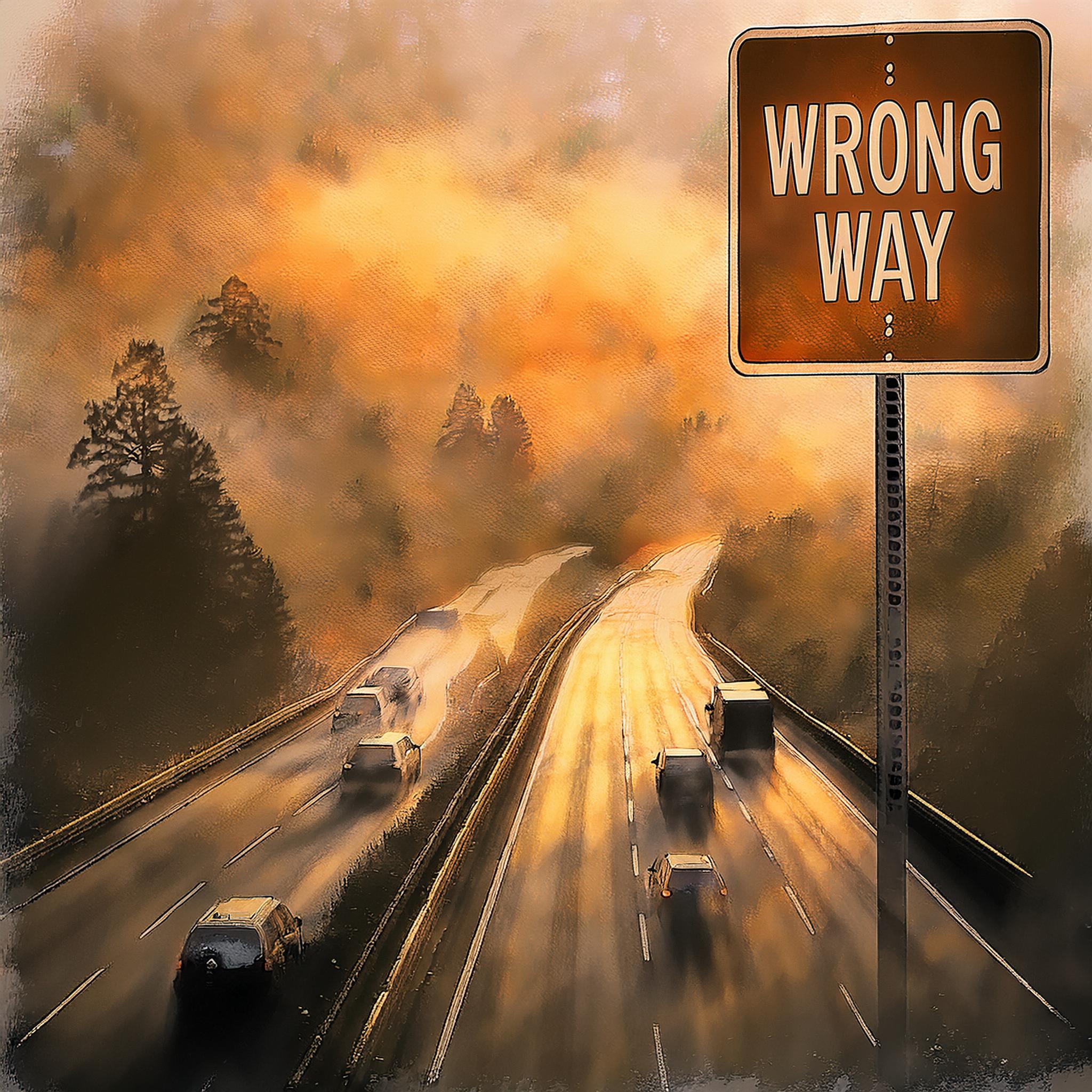
This course centers on practical aspects of developing a theology within the parameters of orthodox Christian biblical teaching, that makes personal sense, is easy to articulate and is transmissible to others. The goal is to clearly understand what we believe as a Christian and be able to share that truth, along with our own shades and nuances, in a clear and credible manner.

Understanding the Supernatural Worldview of the OT is a Reading and Response course for anyone wishing to delve deeper into the worldview behind the Old Testament to understand more clearly God's purposes in the world.

- Manager: William Stapleton
- Student: Eric Kunkel

- Manager: William Stapleton
- Student: Eric Kunkel
Based partially upon the Textbook "The Mosaic of Atonement: An Integrated Approach to Christ's Work" by Dr. Joshua M. McNall, this course is an effort to organize the many theories of atonement into a single, unified structure that makes sense and provides a strong foundation for other theological reflection. Additionally, each module includes readings and essays aimed at grounding theological reflection in the spiritual formation and discipleship tradition of writers such as Dallas Willard, John Ortberg, Richard Foster and others.
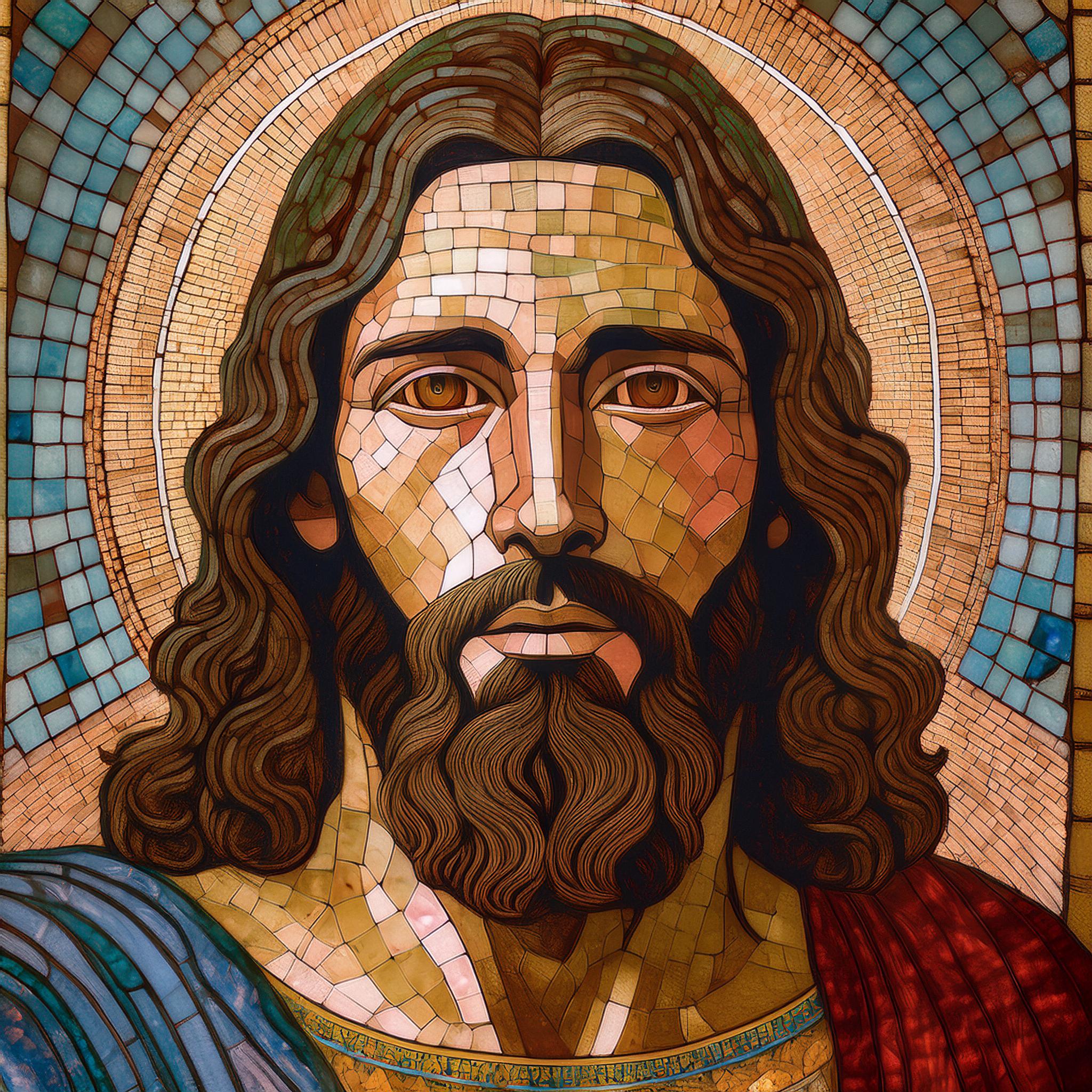
- Manager: William Stapleton
- Learner: Stuart Dent
- Learner: Eric Kunkel
- Learner: Amber Smith
- Learner: Hadley Sparks
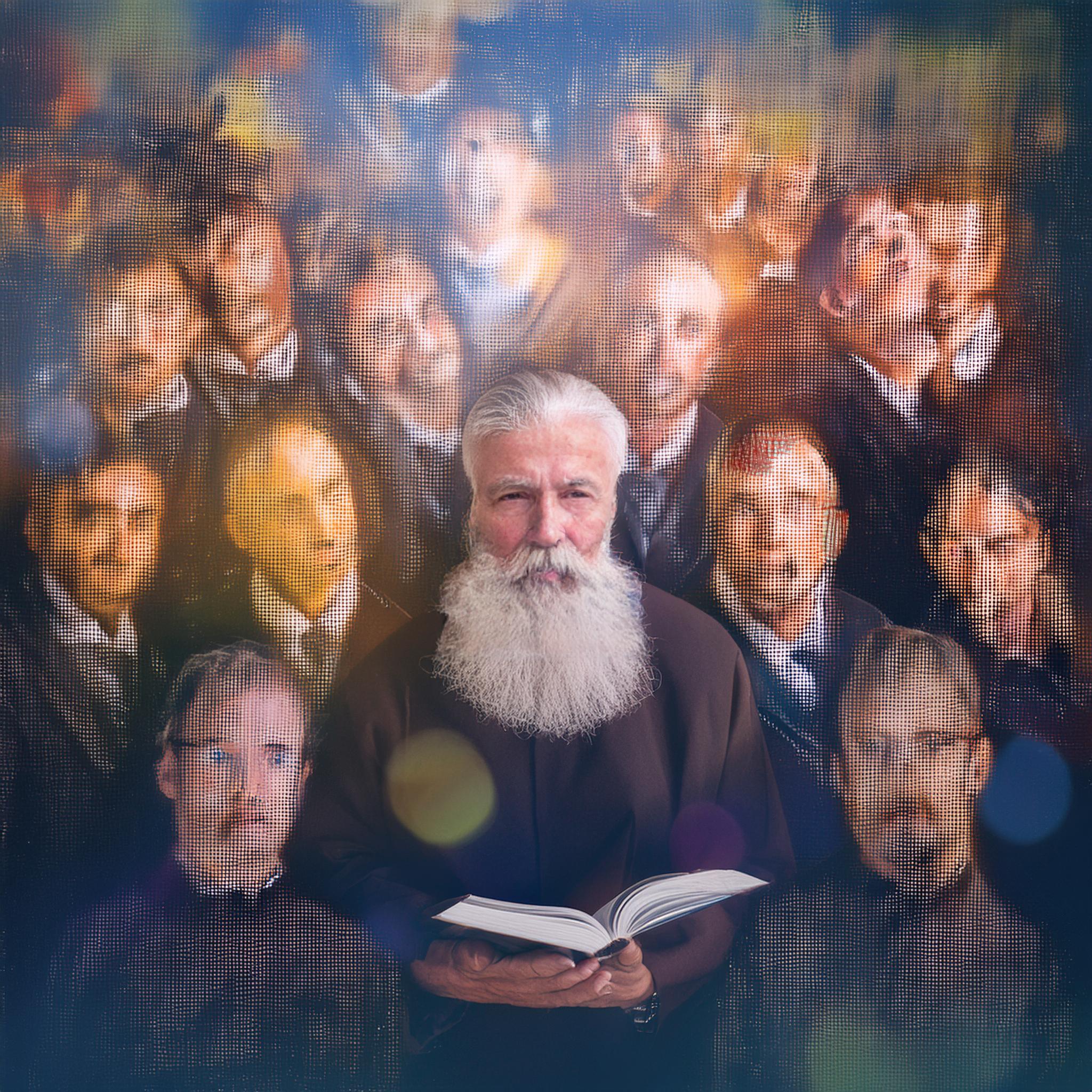
An exploration into the development and practices of Christian worship from the apostolic age through the early medieval period. Students will examine the biblical foundations, Jewish influences, and evolution of liturgical elements such as the Lord's Supper, baptism, prayer, and hymns. The course will include analysis of primary sources and key texts by scholars Ralph P. Martin, Gregory Dix, and Paul Bradshaw. Through this study, students will gain a deep understanding of the theological, social, and historical contexts that have shaped Christian worship.
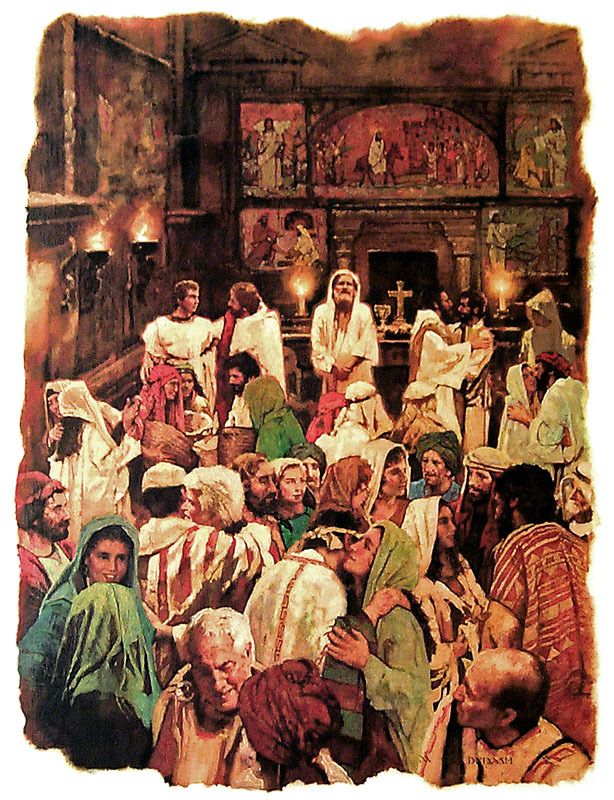
This short course centers on an historical and theological examination of the Lord's Supper as it has been taught, thought of and practiced throughout history.
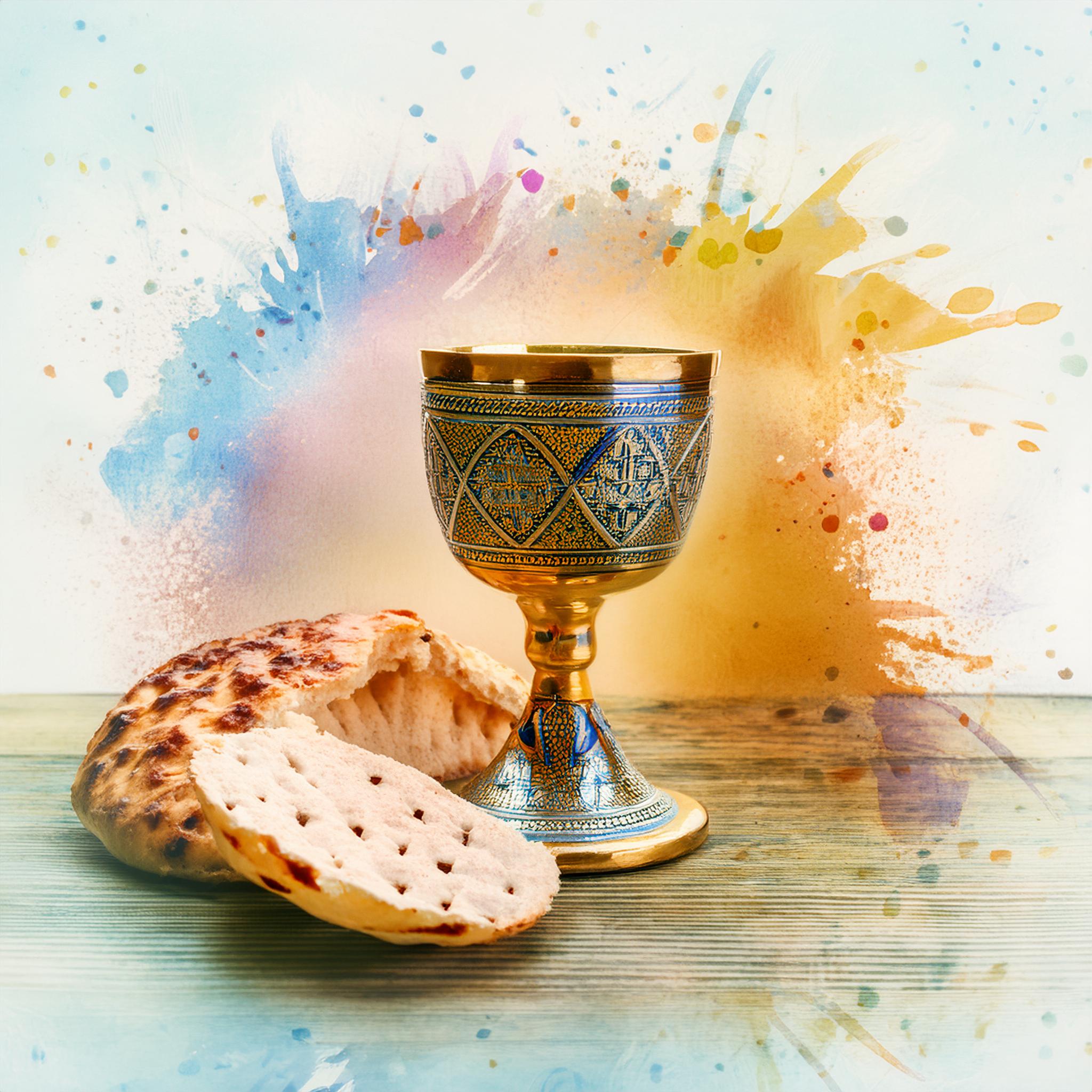
This course provides a theological and historical survey of the attitudes, practices and theological views of prayer in the Bible and throughout Christian history.
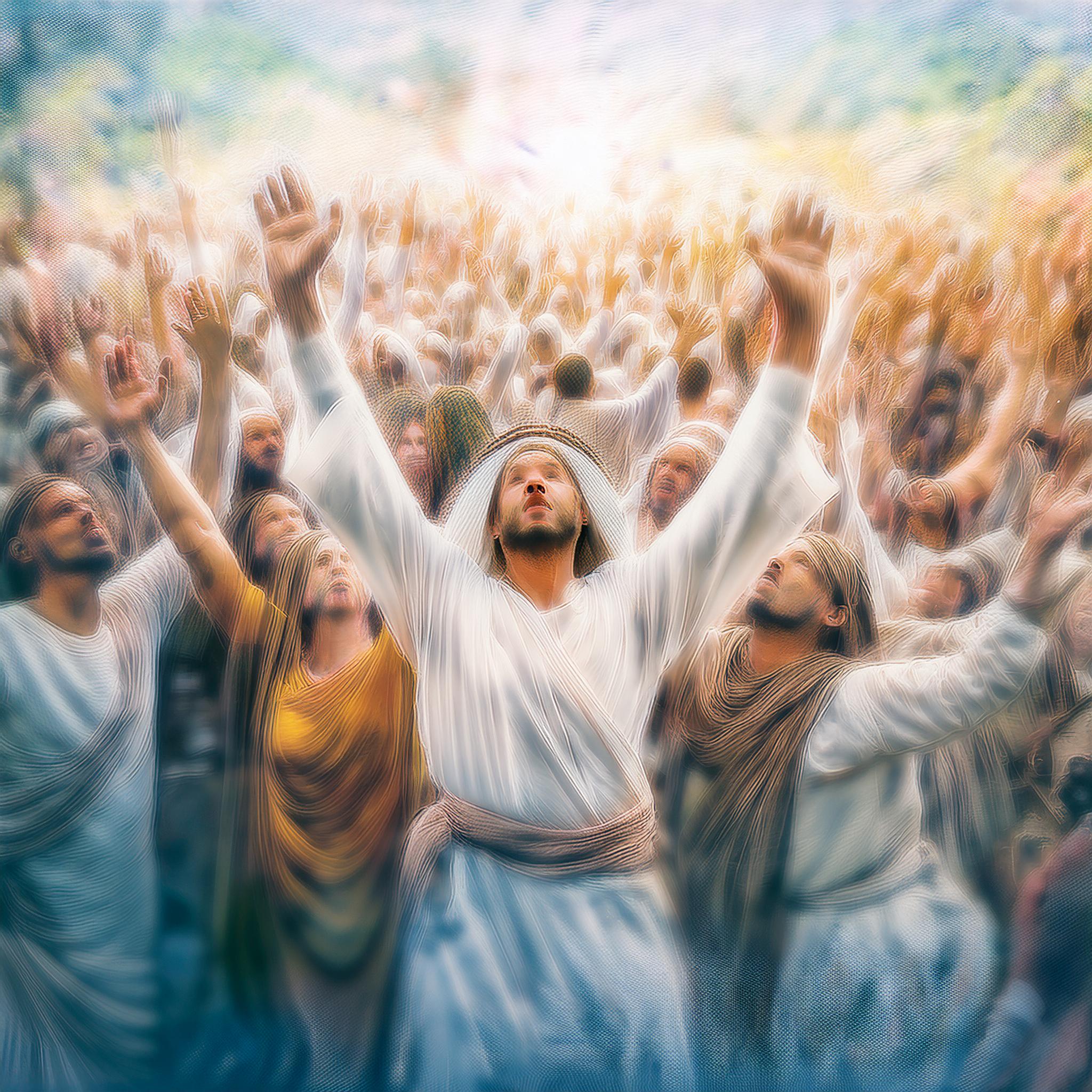
This course provides a theological and historical overview of the attitudes toward and practices associated with spiritual warfare throughout the centuries since Christ, along with the theological emphases of each.
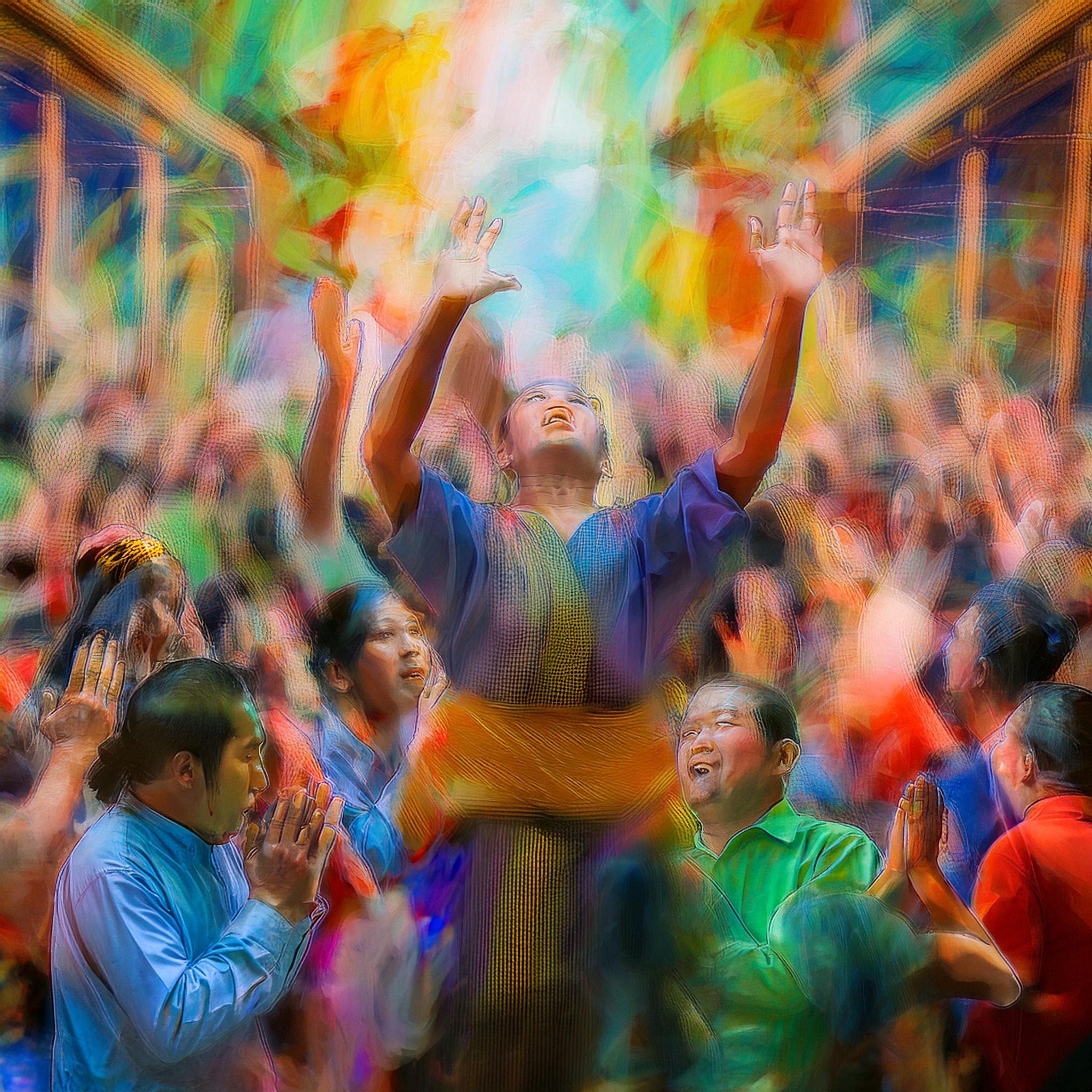
This course is an historical and theological view of revival as it has been sought after, participated in and understood, both in the Bible and throughout Christian history.
